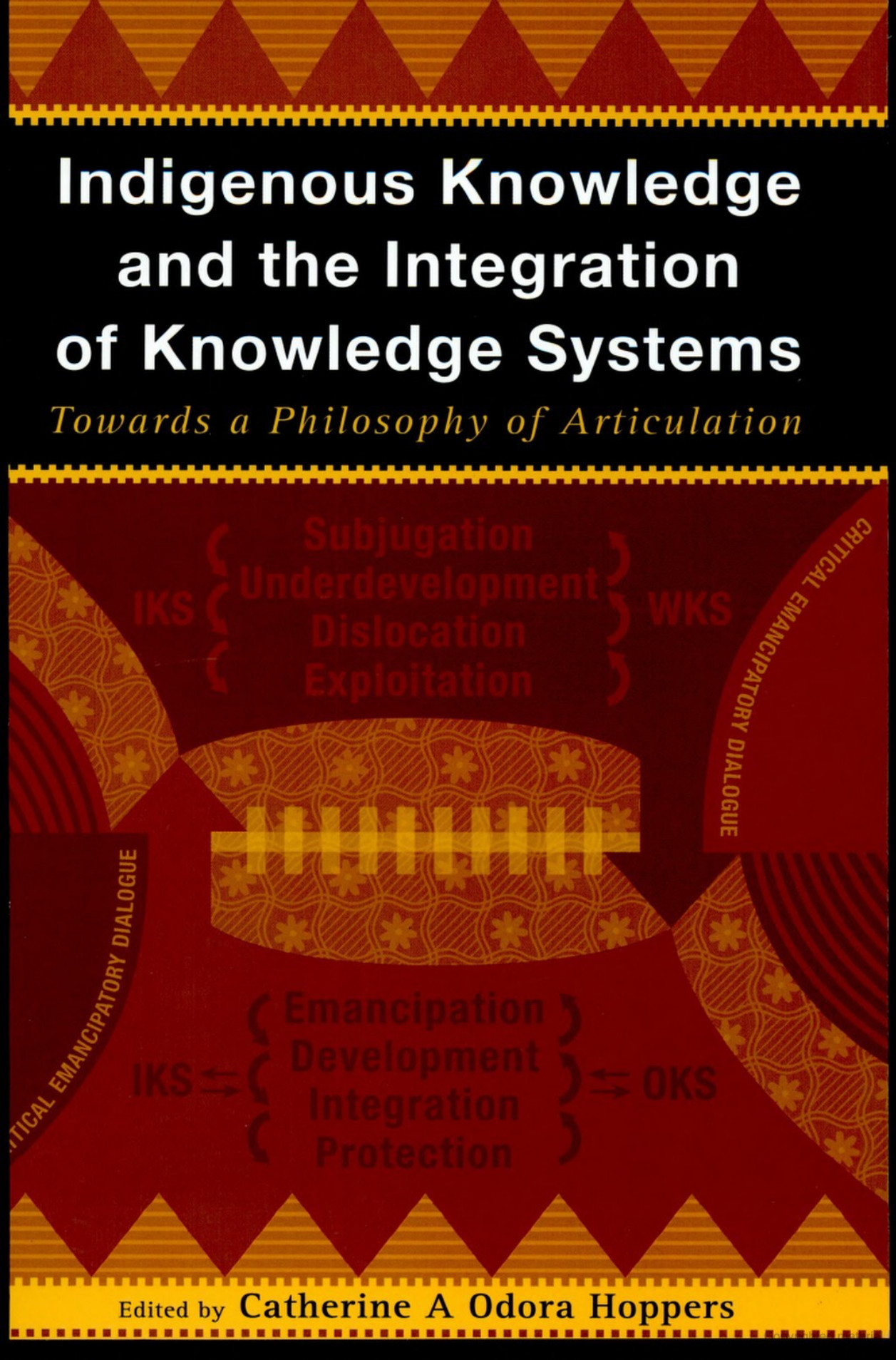Artikisler Collective (ed.): Autonomous Archiving (2016)
Filed under book | Tags: · archive, archiving, autonomy, commons, decolonization, forensics, open source

“As an institutional practice, archival practices often tent to serve to colonization, surveillance and discipline society of the Modern world. In the last ten years, with the digital technology and social movement detecting, recording and accumulating images become a civil activity. Thus, archiving videos and other types of visual images brought also non-institutional practices and as well contemporary discussions related to image, open source, collectivity and forensics. Beside interviews with video activists; this book compiles several writers’ articles on their practices and discussions of archives from several angles: forensics, decolonization and commons.”
Contributors: bak.ma, Thomas Keenan, Lawrence Liang, Murat Deha Boduroglu, Ege Berensel, Eyal Weizman, Inadina Haber, Lara Baladi, Shaina Anand, pad.ma, Burak Arikan, Oktay Ince, Eric Kluitenberg, Pelin Tan, Sevgi Ortaç, Seyr-i Sokak, vidyo kolektif.
Edited by Artikisler Collective (Özge Çelikaslan, Alper Sen, Pelin Tan)
Publisher dpr-barcelona, Barcelona, April 2016
ISBN 9788494487316
200 pages
via ZsPreston
PDF (9 MB)
Comment (0)Catherine A. Odora Hoppers (ed.): Indigenous Knowledge and the Integration of Knowledge Systems: Towards a Philosophy of Articulation (2002)
Filed under book | Tags: · africa, cultural anthropology, ethnoscience, indigenous knowledge, indigenous peoples, knowledge, postcolonialism

“This book explores the role of the social and natural sciences in supporting the development of indigenous knowledge systems. It looks at how indigenous knowledge systems can impact on the transformation of knowledge generating institutions such as scientific and higher education institutions on the one hand, and the policy domain on the other.”
With contributions by Paulin J. Hountondji, C. Shiv Visvanathan, P. Pitika Ntuli, Scott Fatnowna, Harry Pickett, Peter Crossman, Rene Devisch, B. O. Tema, A. M. S. Majeke, L. Mqotsi, Françoise Vergès, R. A. Mashelkar, Robert Mshana, and Birgit Brock-Utne
Publisher New Africa Books, Claremont, South Africa, 2002
ISBN 1919876588, 9781919876580
xiv+285 pages
via anthem231
Review: Howard A. Doughty (Innovation Journal, 2005).
PDF (18 MB)
Comment (0)The Potosí Principle: How Can We Sing the Song of the Lord in an Alien Land? Colonial Image Production in the Global Economy (2010) [English/Spanish]
Filed under book, catalogue | Tags: · art history, colonialism, history, image, mining, painting

“Potosí is a Bolivian mining town, whose splendor even eclipsed that of London or Paris in the sixteenth century. The silver extracted there by forced laborers was instrumental in fuelling the development of early European capitalism. The dynamics of this economic colonialism spawned the production of images on a mass scale, not only in Spain, but also in the vice-royalty itself. The works of the “Andean Baroque” unveiled in The Potosí Principle attest to the fact that cultural hegemony is not a symbolic concept, but is, in fact, rooted in violence.
Contemporary artists have responded to these Baroque paintings by fashioning works of their own. The objective of this dialogue is to demonstrate the correlation between the function served by colonial painting and the function now assumed by the modern system of art in conferring legitimacy upon globalization’s new elites.”
With texts by Sonia Abián, Anna Artaker, Bartolomé Arzáns Orsúa y Vela, John Barker, Matthijs de Brujine, Thomas Campbell, Roberto Choque Canqui, Chto delat, Alice Creischer, Anthony Davies, Elvira Espejo, Marcelo Expósito, Harun Farocki, León Ferrari, Tom Flynn, Maria Galindo, Isaías Griñolo, Max Jorge Hinderer, Karl Marx School of the English Language, Peter Linebaugh, Gabriela Massuh, Eduardo Molinari, Fátima Olivarez, Plata de Refléxion sobre Politicas Culturales, Felipe Guaman Poma de Ayala, David Riff, Jorge Sanjinés, Andreas Siekmann, Luis Víctor Alemán Vargas, and Dmitry Vorobyev.
Edited by Alice Creischer, Max Jorge Hinderer, and Andreas Siekmann
Publisher Verlag der Buchhandlung Walther König, Cologne, 2010
ISBN 9783865609267, 3865609260
303 pages
via dbrvk
Exhibition (Reina Sofia)
Exhibition (HKW)
WorldCat
PDF (33 MB, updated on 2023-7-6)
Comments (2)
